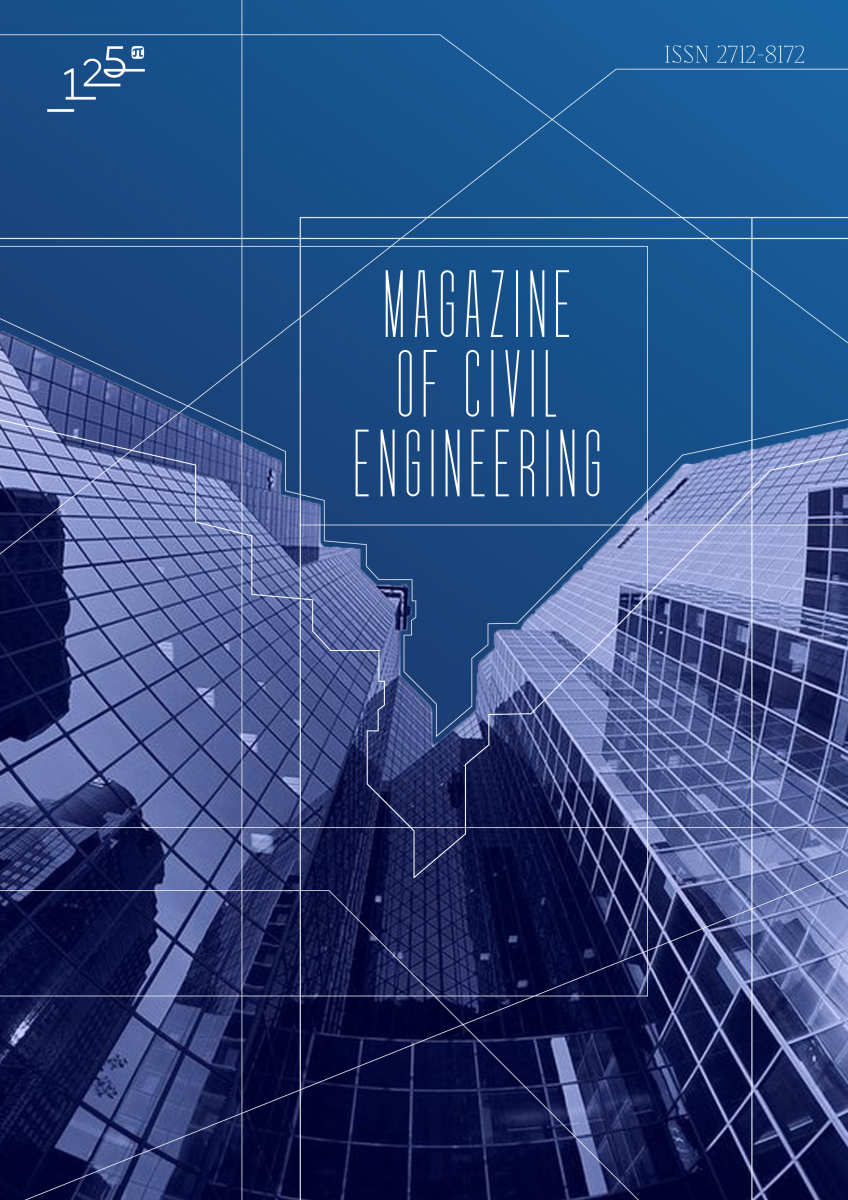Regularities of rapid filter backwash water clarification in reagent-free mode
Discharge of rinsing water from fast filters into surface water bodies as a way of their disposal is unacceptable for environmental reasons, and in some countries it is prohibited by law. Research by Russian and foreign scientists is aimed at studying the schemes for returning wash water to the main stream using reagent methods of clarification, ultrafiltration or filtration on ceramic filters. In this paper, the processes of removing suspended solids from rinsing waters by means of reagent-free clarification under static conditions of sedimentation facilities are considered. In this case, the treated water was exposed to mixing with Camp’s criterion obtained as a result of the analysis of the modes of movement in pipelines from the fast filter to the settling facility for the treatment of rinse water, as well as under conditions of additional mixing inside the treatment facilities either by stirrers or by aeroflocculation. Based on the analysis of the results of water clarification under the conditions of reagent-free sedimentation with stirring, mathematical dependences of the clarification effect on the Camp’s criterion, water temperature, initial content of suspended solids and clarification time were obtained.


